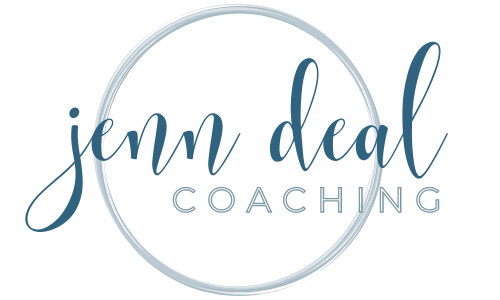To ask or not to ask.
That is the question. (Or at least it often is if you’re a newer lawyer).
It can feel scary to ask questions of people more senior than you. No matter what the question is.
All sorts of thoughts pop into your head like:
“They are going to think I’m stupid.”
“This is a dumb question. “
“I’m dumb.”
“I should already know the answer to this.”
“I should be able to figure this out on my own.”
“They are busy, and I’m going to annoy them. “
Then you feel super uncomfortable about asking the question, so you don’t.
But you’re going to have to ask questions to do your job effectively.
And you can’t control what someone else is going to think when you ask a question.
It’s possible someone might get annoyed. It’s possible they might think a negative thought about you or the question. Even if the question is good and necessary, and even if you asked it in exactly the right way.
It’s also possible they won’t.
It’s possible they won’t think anything about you or the question.
It’s also possible that they will love that you are asking the question and not wasting time spinning your wheels. It’s possible they will think it’s a great question. It’s possible they will think you are displaying ownership and interest in whatever the task is you’re working on.
The best you can do is create your own rubric for (a) deciding when a question is a question that needs to be asked - one that isn’t dictated by how someone else responds to your question and (b) asking the question in a way that you like that is aligned with how you want to show up. And decide that if you follow that rubric - that’s good enough.
I’ve dropped a sample rubric below for you.
You also might decide that any question you ask is a good question and that any way you ask it is the right way. That might be the whole rubric: Do I have a question? Yes. Ask.
Zero spinning. Zero fretting.
That option is available to you right now.
A ♥️ note to you: The only reason it doesn’t sound like it’s optional is because you are worried (1) about what people will do or think in response to your question and (2) how it will make you feel. I can help you with both of those things and/or coming up with your own rubric. In fact, I can help you make work feel better more generally. Easier. More fulfilling. No matter what you’re struggling with. Sign up for a free call with me at jenndealcoaching.as.me/consult. On the call, we will (1) talk about the changes you want to see in your life, (2) I’ll tell you how coaching can help you make them, and (3) you’ll decide whether you’re ready to move forward with changing your life.
Sample rubric:
My rubric when I was junior for deciding when to ask a question in a way that aligned with how I wanted to show up:
First ask yourself “Have I been resourceful enough?”
Anytime you use “enough” as the measure, you need to define “enough” or enough is a meaningless word.
For me, that meant looking at obvious sources for the answer (e.g., Google, the case file, my emails, legal research platforms) and checking in with colleagues for any advice and any sources that I should check that I hadn’t thought of. Caveat: You’ve got to be on to yourself when you are spinning your wheels. At some point (especially if you work in a field where you bill hours), the time you spend investing in answering the question outweighs the benefit of you continuing to look. This gets easier with time.
Once I decided I’d been resourceful, I asked the question in the manner that I thought made it easiest on the person answering the question. Some considerations I ran through:
-Provide any context that is needed
-Give a short explanation of where you’ve looked/what you’ve tried to answer the question
-Keep the question or questions as narrowly focused as you can to make them as easy to answer as you can
-Decide what format makes the most sense - email, phone call, office drop in
